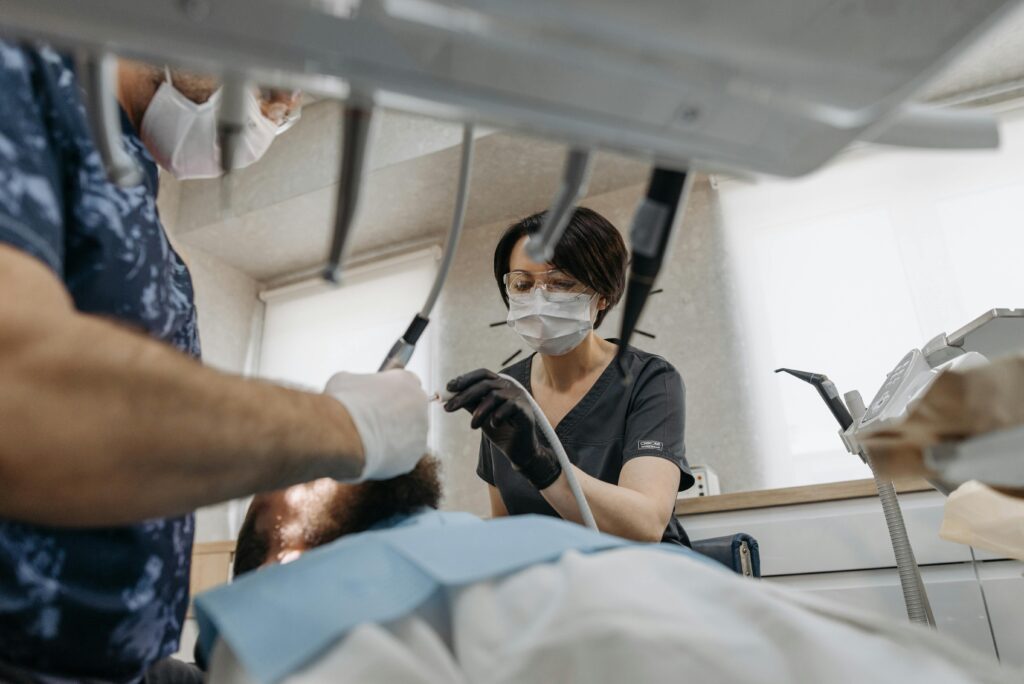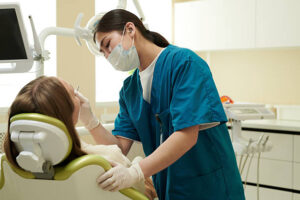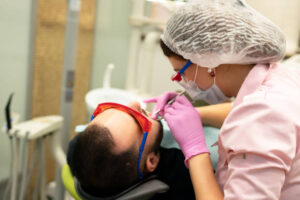Visiting the dentist regularly isn’t just about sparkling teeth—it’s critical to safeguarding your overall oral and systemic health. In this article, we explore the importance of routine dental check-ups, what they involve, how often they’re needed, and proactive tips to maintain a healthy smile.
The Benefits of Regular Dental Check-Ups
Regular visits to your dentist play a pivotal role in preventing dental problems before they become serious. Early detection of cavities, gum disease, and other oral issues helps ensure quicker, less invasive treatments. Routine check-ups also help detect signs of systemic conditions like diabetes and oral cancer, making them an essential component of your overall health regime.
What is Included in a Dental Check-Up?
A typical dental check-up consists of multiple components:
- Oral Examination: Your dentist examines your teeth, gums, and soft tissues for signs of decay, inflammation, or abnormalities.
- Professional Cleaning: A hygienist removes plaque and tartar buildup, which regular brushing might miss.
- X-rays: These help diagnose issues not visible to the naked eye, such as impacted teeth or bone loss.
- Gum Health Assessment: Periodontal checks identify early signs of gum disease.
How Often Should You Get a Dental Check-Up?
Most dentists recommend a check-up every six months. However, individual needs vary. If you have ongoing oral health conditions, smoke, are pregnant, or have a tendency to develop cavities or gum disease, you might benefit from more frequent visits. Conversely, some individuals may maintain good oral health with annual visits.
Prevention Tips for Better Oral Health
Prevention is better than cure. Here are foundational tips for maintaining oral health between check-ups:
- Brush twice daily using fluoride toothpaste.
- Floss daily to remove food particles and plaque in hard-to-reach areas.
- Use an antibacterial mouthwash to reduce bacteria.
- Limit sugary and acidic foods and beverages to prevent enamel erosion.
- Chew sugar-free gum to stimulate saliva production and neutralize acids.
Addressing Specific Dental Needs
Certain situations may require specialized care. For instance:
- Dental Implants: If you have metal implants, confirm with your dentist whether it’s safe to undergo procedures like MRIs.
- Gum Recontouring: Advanced imaging tools now aid in the planning and visualization of gum reshaping for a healthier and more aesthetic gum line.
- Mouth Sores: Specialty mouthwashes, especially in places like Las Vegas, can provide targeted relief for chronic sores.
- Cosmetic Dentists: These professionals focus on the appearance of your smile, utilizing treatments like veneers, whitening, and bonding.
- Immediate Implant Placement: Learn if you’re a candidate for having implants placed at the same time as tooth extraction.
Recognizing Oral Health Conditions Early
Conditions such as geographic tongue, mouth ulcers, burning mouth syndrome, and jaw-related headaches may go unnoticed without regular dental visits. Your dentist is trained to see signs of potential issues early. Additionally, recognizing the symptoms of mouth cancer can be lifesaving. If caught early, treatment success rates are significantly higher.
Even common challenges like wisdom teeth complications, erosion from acidic foods and drinks, or improper brushing techniques featured in studies like “Brushing Blind” highlight the ongoing need for expert guidance.
Resources to Help You Stay Informed
Resources like the Oral Health Podcast, A-Z of Oral Health, and national campaigns such as Safe Smiles provide educational content that helps support your dental hygiene journey. Plus, connecting with organizations like the Oral Health Foundation keeps you updated on innovations and public health tips.
Call to Action: Investing in your oral health begins with a simple step—booking your next dental check-up. Don’t wait for a problem to show up. Contact our office today to schedule your comprehensive dental examination and take control of your smile and your health!
FAQs
How do regular dental check-ups prevent oral diseases?
They allow early detection and treatment of issues like cavities, gum disease, and even oral cancer before they progress into more serious problems.
Can I undergo an MRI with dental implants?
Most dental implants are MRI-safe, but some variables exist. Always inform the technician about your implants beforehand.
Is there a difference between a general and cosmetic dentist?
Yes, while both are trained dental professionals, cosmetic dentists focus on improving the aesthetic appearance of your teeth and smile.
How can I tell if I’m brushing correctly?
Use electric toothbrushes with timers and pressure sensors, or talk to your dentist for brushing technique guidance based on studies like “Brushing Blind.”
Are there mouthwashes specifically for mouth sores?
Yes, specialty mouthwashes containing soothing or medicated ingredients are available for relief from mouth sores—ask your dentist for recommendations.
